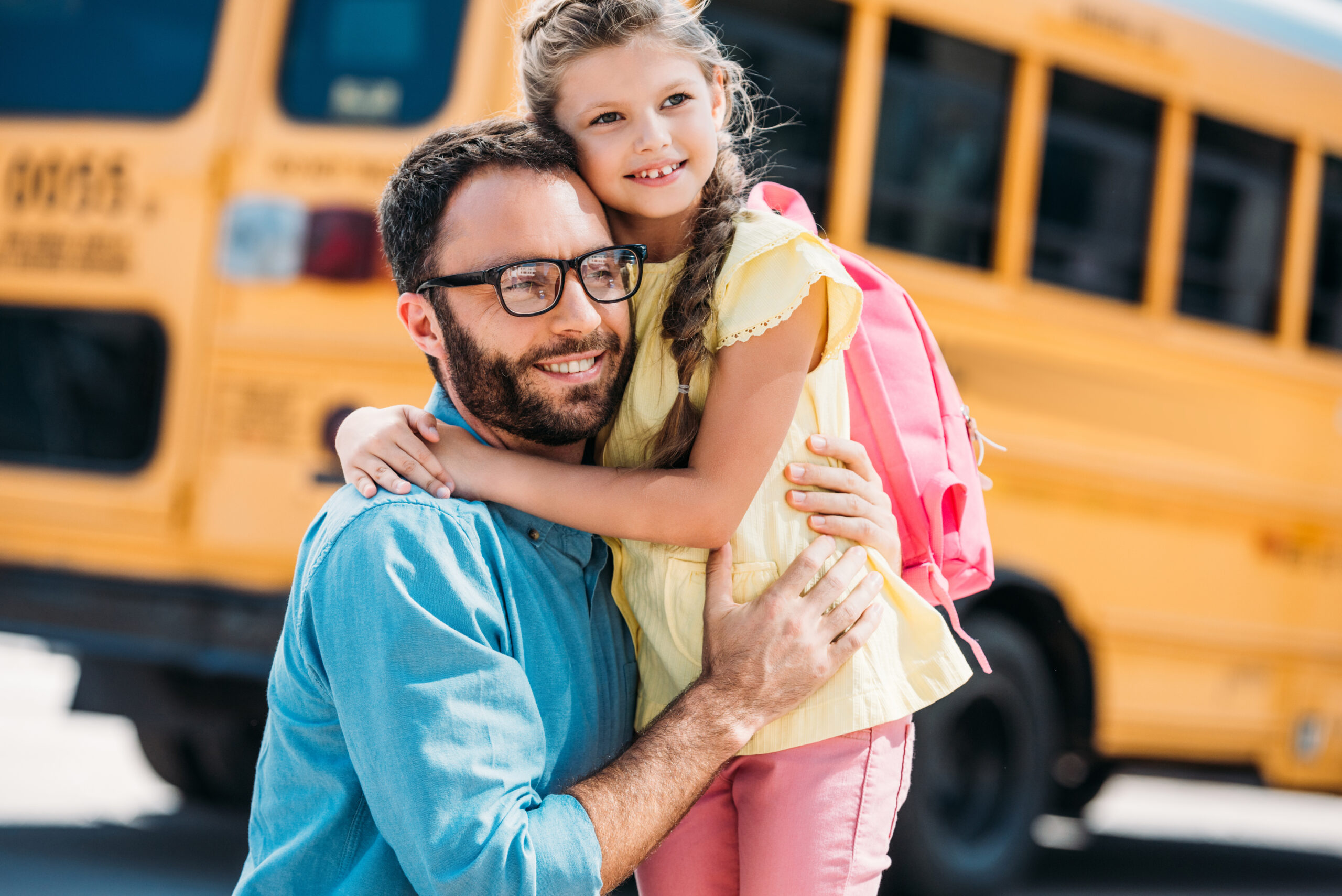Whether your little ones are stepping into the world of school for the first time or heading off to college, this is a moment of transformation and growth.
Both parents and students feel a range of emotions, and Dr. Kelly Holes-Lewis, a parent and Modern Minds psychiatrist, shares insights on how to cope with a multitude of sometimes conflicting feelings.
Students and parents can experience a range of emotions, depending on individual circumstances and past experiences. For students who love school and have friends and a supportive learning environment, the fears may be less, and the excitement may be more. Others may not be as excited to return, and helping them to learn coping skills and handle their anxiety may be beneficial.
As parents, we want their children to be happy and well, and to be cared for and supported in a compassionate learning environment. It is our innate, inborn hope for the next generation. We as parents can help our children and ourselves by doing our best to prepare in advance by following some of these tips.
- Speak openly and without judgement with your child. Ask them how they feel about going to school. Try to identify specific fears or anxieties. This might bring out any bullying or past negative experiences that haven’t been shared previously and can be addressed together.
- Visit their school. If your child is starting a new school, it may be helpful to visit and meet some teachers and possibly even other same-aged students. Life is always easier with a buddy.
- Take a positive approach. When you’re talking about the school and its teachers, take an optimistic perspective. Share positive past experiences you may have had as a parent in school. Setting up your child with a positive mindset can help them to approach this new start with openness.
- Ensure they know they are supported. Remind your child that they are capable and resourceful and if they need help, they will be surrounded by teachers and staff who can do that. This also helps the student to be more open to sit with the discomfort of uncertainty, all the while knowing that they are always supported if a need arises.
- Build excitement. Well before school starts, begin to talk about fun ways that you and your child can prepare together. You could discuss lunches that your child might like and even research menus together to prep a school lunch. Or maybe some healthy smoothie recipes that you can make together before school. Another fun option is to make a cozy homework/study area in your home together that they may look forward to using after school. Thinking of things that bring a positive vibe to the idea of school can help children feel control and helps them to realize that there are things that they can do to feel better about the experience.
- Help them understand this experience is universal. Children should be reminded that they are not alone in feeling uncertain or afraid. Help them to see that most everyone feels some level of this with any new experience, and this will promote a feeling of togetherness. You may even share with them that a kind way to express this togetherness is to be on the lookout for someone who may seem like they are also afraid or alone, and offering a kind, supportive word to them, or offering to sit or walk next to them. Teaching our children how to be kind and inclusive is the true key to the growth of a healthy society.
- Empower your children. Allow them to feel supported as they walk into the uncertainty and then celebrate their courage on the other side. Afterward, be sure to identify every positive that you can, even if the day felt challenging. Celebrate the wins with every opportunity and brainstorm together new ways to approach the parts that may not have gone so well.
It is the sharing of these moments together, celebrating the wins and pivoting to try new approaches that children will remember most and carry into into adulthood. If they learn to have a positive and open outlook with a sense of connectedness, they will have learned a healthy way to approach all of life as it unfolds.
Let's Talk
